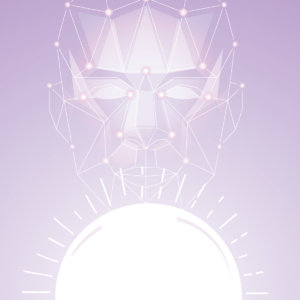AI’s Prediction Problem
Prediction is appealing, but detection may be equally valuable for businesses.
Topics
Artificial Intelligence and Business Strategy
In collaboration with
BCGAI developments often focus on new capabilities to “detect and predict.” Progress on prediction is certainly impressive. Even for two things we can be sure of (death and taxes), advances in AI can help us know better when these certain events will happen, how much they will cost , and when people are trying to avoid them.
In business, AI has considerable potential as a crystal ball to predict. Already, AI is dramatically improving the abilities and reducing the costs of prediction across many functional areas — for example, supply chain disruptions, job candidate potentials, likely customer purchases, and nefarious computer activity.
Yes, the idea of seeing into the future is exciting. But, AI, you had me at “detect.” Despite the appeal of prediction, business can get ample value just from improved detection. Prediction can follow later.
The Importance of Smoke-Detector Predictability
Prediction is more uncertain, difficult, and expensive than detection. And most businesses (to massively understate) are not so well-run that better detection and faster reaction alone aren’t hugely valuable. Although the value may be less for detection than prediction, the ROI can be greater.
Changing perspective from crystal balls to smoke detectors can help the serious data-driven manager in several ways:
Smoke detectors encourage action. Smoke detectors provide early signals of what is already happening, not what might happen. Smoke detectors don’t predict fires; they alert us immediately when there is one. We have existing processes for fire: escape or extinguish. Similarly, businesses can still benefit from detecting issues quickly, even if they are unpredicted. The opportunity to prevent may have passed, but managing existing business processes can start sooner. And just like extinguishing is easier when smoke detectors alert quickly, managers have more options for better outcomes if they have more time.
Smoke detectors make sense. We don’t know how crystal balls work. Most managers don’t know how AI works either. AI has hidden layers that make it difficult for managers to know why AI delivers a given prediction. “Knowing” an outcome without understanding the underlying reasoning makes it harder to trust the results. Blind acceptance is a romantic, not a rational, approach.
In contrast, smoke detectors make sense.





